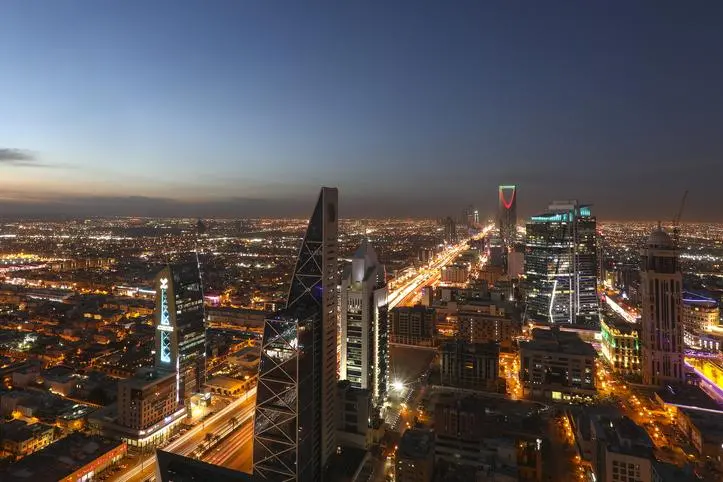PHOTO
Last week, there was an announcement by Saudi Arabia’s Public Investment Fund (PIF) about the signing of $15 billion worth of syndicated multi-currency revolving credit facilities with 17 banks: BNP Paribas, Bank of America, Citi, Credit Agricole, Credit Suisse, Deutsche Bank, First Abu Dhabi Bank, Goldman Sachs, HSBC, Intesa Sanpaolo, JPMorgan, Mizuho, Morgan Stanley, Natixis, SMBC, Societe Generale and Standard Chartered. Fourteen of them have a presence in the country.
The PIF is pursuing a two-pronged strategy: Building an international portfolio of investments while investing locally in projects that will help reduce Saudi Arabia’s reliance on oil, with plans to inject at least SR150 billion ($40 billion) into the local economy each year until 2025.
In past decades, the Saudi Central Bank (SAMA) used to be the sole manager of the Kingdom’s reserves in foreign assets, which are estimated at SR1.7 trillion. But under its new guidelines to invest globally, the PIF is becoming one of the fastest-growing sovereign wealth funds in the world, with an ambitious target for bargain hunts.
As one of its funding sources last year, the PIF received $40 billion from SAMA for timely opportunistic investments in undervalued markets during the coronavirus pandemic. The PIF managed to exit at a premium once these markets recovered.
As part of its announced plans, it will have a physical presence in key global markets, including the US and UK. As part of its restructuring mission under the Saudi Vision 2030 reform plan, the PIF wants to be closer to its international investments for monitoring and follow-ups in a timely fashion, as well as identifying new opportunities. It has more than tripled in size, and since unveiling its plans in 2016, the PIF is becoming the main driving force behind moving the Saudi economy away from oil.
With the recently announced multi-currency revolving credit facilities, which were priced at a low cost of 1 percent, the fund will pursue its ambitious target for bargain hunting globally, supported by its future international presence.
As we enter the post-pandemic era of new business cycles, coupled with free mobility among key international markets once travel restrictions are lifted, the PIF will have a wider bandwidth of promising branded trophy investment opportunities, and a faster decision-making process to hunt them.
• Basil M.K. Al-Ghalayini is the chairman and CEO of BMG Financial Group.
Copyright: Arab News © 2021 All rights reserved. Provided by SyndiGate Media Inc. (Syndigate.info).





















